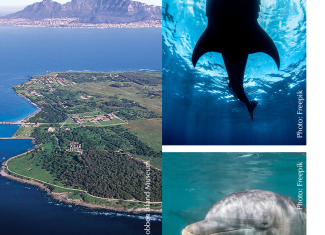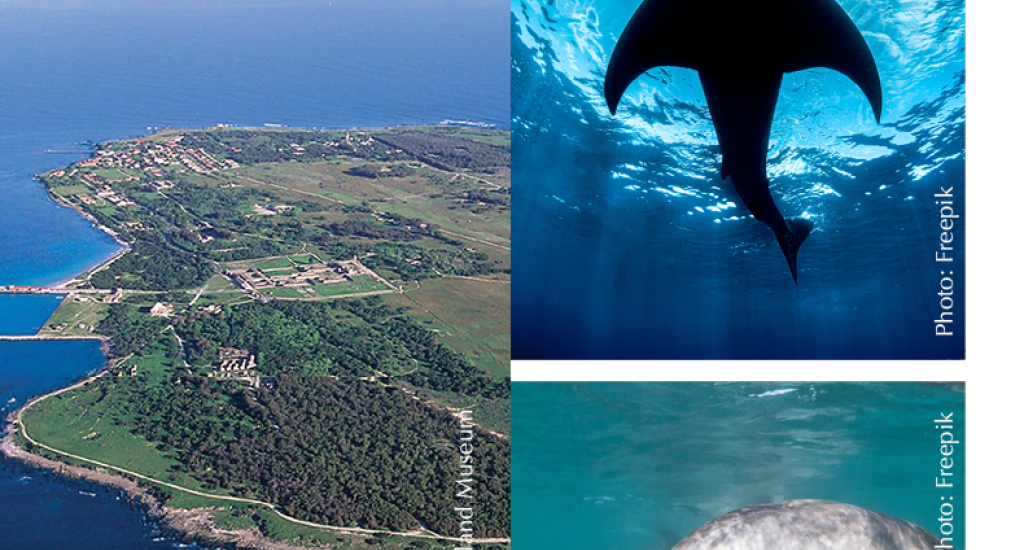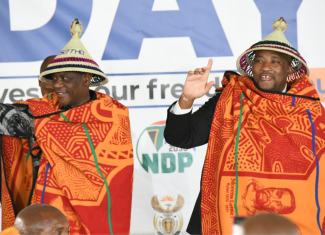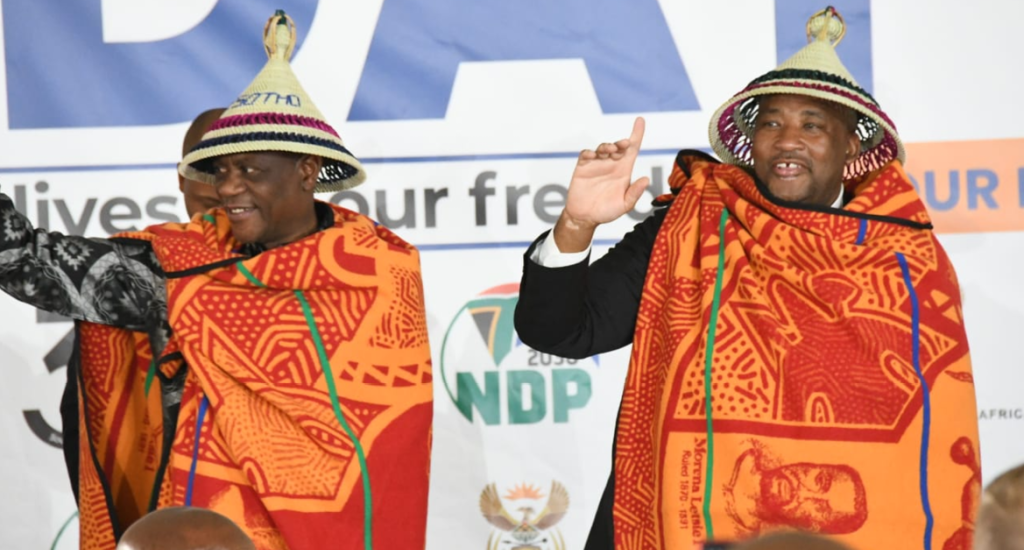Heritage Day still resonates – 30 years on
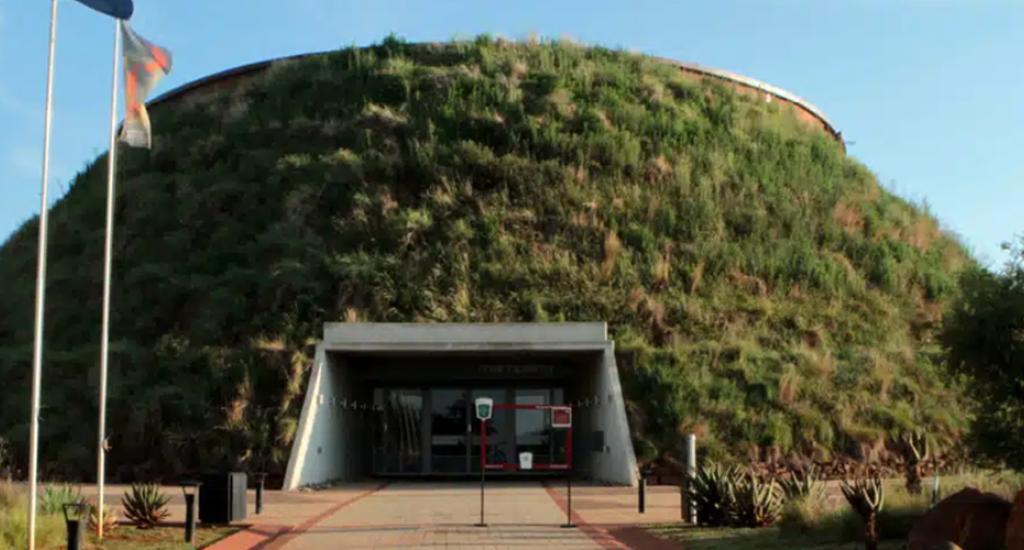
Heritage Day is not just a public holiday, and Heritage Month is more than just a cultural exhibition, says Sport, Arts and Culture Minister Gayton McKenzie as South Africa marks three decades since September 24 officially became part of the national calendar.
The Minister's remarks come amid growing concerns among citizens that the day has lost its appeal and sense of purpose.
McKenzie maintains, however, that Heritage Month remains a significant period in South Africa’s calendar dedicated to celebrating the country’s rich cultural tapestry and diverse heritage, both tangible and intangible.
“It is a pivotal moment for our varied cultural, linguistic, religious and other heritage expressions to affirm our shared and collective sense of belonging as South Africans,” he says in response to questions posed by Public Sector Manager magazine.
“This celebration contributes to building a socially cohesive nation founded on the democratic principles of human rights, human dignity, equality and respect for the rule of law”.
During the pre-democratic era, September 24 was commemorated mainly in KwaZulu-Natal in an unofficial capacity to mark the day in 1828 when Shaka Zulu, the great Southern African leader who brought together the various Nguni clans to form one strong Zulu nation, died.
Embracing diversity
Heritage Day recognises and celebrates the cultural wealth of our nation. South Africans celebrate the day by remembering the cultural heritage of the many cultures that make up the population of South Africa..
In declaring the public holiday, former President Nelson Mandela, said: “our rich and varied cultural heritage has a profound power to help build our new nation”.
Reflecting on the 30 years since September 24 was declared Heritage Day, McKenzie says much ground has been covered towards achieving this goal, despite South Africa being a complex multicultural, multi-ethnic and multiracial society.
He says this is because South Africa is a constitutional democracy where diversity is recognised not as a weakness but as a strength that must be harnessed.
“Yes, we are a multicultural, multi-ethnic and multiracial society. This composition provides our country with a unique opportunity to serve as a microcosm of the world, where diversity is not a division but a source of strength. It shapes our distinctive character and identity within the family of nations,” says the Minister.
He cites several milestones that have played a key role in fostering a united nation. These include:
- The designation of Robben Island as a UNESCO World Heritage Site.
- The return and reburial of the remains of freedom fighters, artists and leaders who died in exile, restoring their dignity, healingwounds and reinforcing a shared national identity.
- The staging of annual events such as the National Arts Festival in Makhanda in the Eastern Cape, Marula Festival in Limpopo and the Cape Town Carnival.
- The Living Human Treasure Programme, which documents and honours custodians of indigenous knowledge systems.
- The establishment and upgrading of heritage museums, interpretation centres and monuments, such as Freedom Park and Steve Biko Centre to provide spaces for dialogue and education on South Africa's shared history.
- Promotion of indigenous language.
- Intangible community-led heritage projects. McKenzie maintains that Heritage Day has played a notable role in promoting social cohesion in the country but admits that building a cohesive society “requires the collective effort of all”.
He says rather than trivialising or diluting Heritage Day, National Braai Day, which is held on the same day, forms part of bringing South Africans together to share their common humanity.
“Although there is neither empirical evidence nor peer-reviewed research or government reports directly addressing its impact, it remains evident that on September 24 many South Africans engage in communal barbecues to enhance shared experiences as part of Heritage Day celebrations”.
Job creation
The Minister noted that during low economic growth and at a time when unemployment continues to rise, it is important that South Africa’s cultural heritage is leveraged to create jobs and economic opportunities.
He says cultural tourism has led to the creation of jobs in local crafts production, transportation, hospitality and guide services, whereas the creative industries have assisted in the globalisation of traditional talents.
In 2024/25, the National Heritage Council was allocated R25 million to fund 36 community heritage projects under the Presidential Economic Stimulus.



